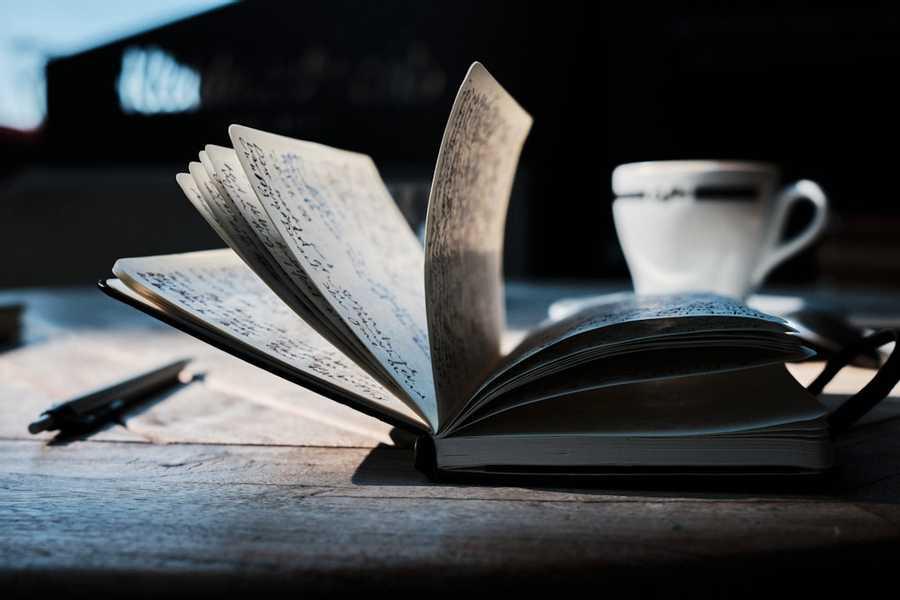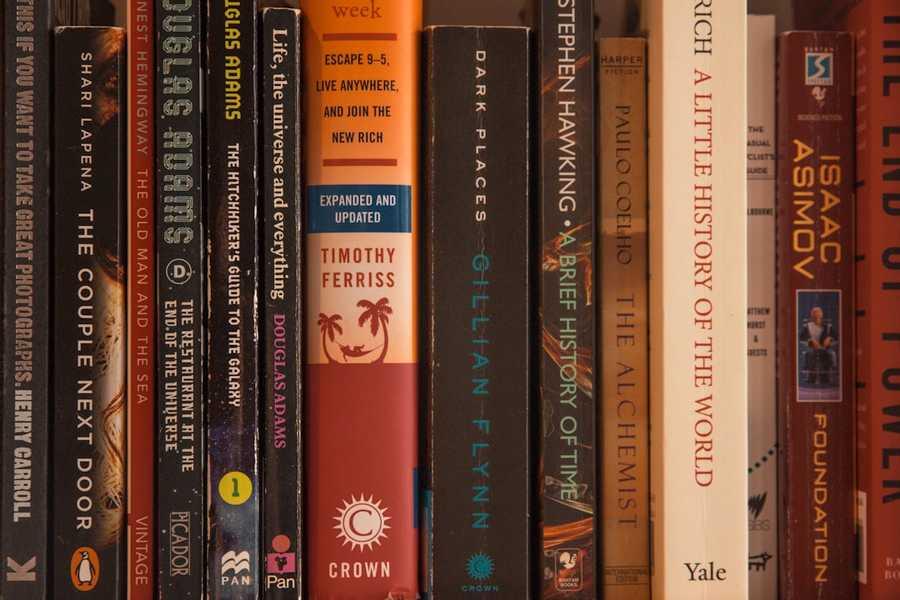Explore the World's Best Ideas
Join today and uncover 100+ curated journeys from 50+ topics. Unlock access to our mobile app with extensive features.
Starting Your Writing Journey
So you want to write but don’t know where to start? The journey to becoming a published author is a bumpy ride with lots of ups and downs along the way.
As a new writer learning the ropes you will inevitably make some mistakes. That’s okay, but here’s a list of common mistakes (in no particular order) that will help you avoid them.
32
194 reads
1. A Weak Introduction
First impressions are everything. Often, writers will start with a long description of the setting, or a mundane event like waking up from a dream or talking to themselves in a mirror. Not only are these clichés, but we don’t learn anything about the story or the character.
Readers will keep reading when you make them care about a character and their motivations. Who are they and what do they want? That’s why the first paragraph – no, the first sentence – is important to hook your readers right away.
36
92 reads
2. An excess of Backstory
Some history is a great idea to present your personality. However, save some for the remainder of the book. Regardless of whether you're composing a spine chiller, sentiment, or some other type, some criminal investigator's work with respect to the peruser is the thing that keeps them inquisitive.
In addition, an excessive amount of history before all else crashes the story when it ought to be moving along. Give your perusers time to become acquainted with your characters and experience passionate feelings for them.
31
87 reads
3. Lack of Research on Genre
Different genres have their own set of conventions about word count, character ages, etc. Some new writers end up with a manuscript that’s too long, too short, or a premise that doesn’t clearly fit into a category.
Genres exist to make it easier for publishers to market a book and for bookstores to know where to shelve a book. Even if you’re doing a cross-genre, clearly decide under which category your manuscript falls. It will likely fall under one genre more than the other.
If you want to reinvent the wheel and do away with genres, realize the risks you’re taking.
32
61 reads
4. A Weak Plot
Plotting is one of the most challenging aspects of crafting a story. No plot = no story. Sometimes writers make the mistake of thinking a series of events equals plot.
A plot has a beginning, middle, and end. Think back to your high school or creative writing classes regarding the elements of a plot: exposition, rising action, climax, falling action, and resolution.
33
52 reads
5. Telling, Not Showing
The art of writing is also about how well you can pull readers into your world. Instead of simply explaining to your readers what’s happening, let them experience it as if they were actually there. Engage their five senses: see, hear, touch, smell, and taste.
34
75 reads
6. Writing Like it's 1889
All writers look to other writers for inspiration. And what could be better than the classics? They’re a classic for a reason, right? This is why some writers end up writing overly flowery language or just end up sounding like they’re from a different era.Here’s nothing wrong with reading the classics. But realize that audiences now are different and the way we communicate has drastically changed since the Victorian era. Unless you’re writing historical fiction, write for a contemporary audience.
31
61 reads
7. Lack of Editing
Editing and proofreading are essential parts of the writing process. They help with the effectiveness of your writing style and the clarity of your ideas. ... Editing requires you reread your draft to check for more significant issues, including organization, paragraph structure, and content.
I can tell you that editing is not easy. In fact, sometimes editing a piece is just as hard a writing it. Here are eight reasons why editing is a whole lot harder than you think it is: It's difficult to estimate an editing job accurately.
32
51 reads
8. Query Too Soon
The final draft might not resemble your first draft at all! Having another set of eyes, like a friend or a writing group, read over your work and give you feedback is often useful.
32
57 reads
9. Lack Of Research On Agents And Publishers
Sure, it can be tempting to shoot for as many agents or publishers as possible, hoping one of them will bite. But using a targeted approach will give you more chances of success. Look for agents or publishers that publish in your genre. Agents often post the types of manuscripts they’re currently looking for on Manuscript Wish List.
32
44 reads
10. Not Reading Enough Books in Your Genre
As you’re doing research on the genre you’re writing for, it’s helpful to read as many books as you can in your specific genre. This way, you’ll get a better feel of the style of writing in your particular genre and the audience that might read it.
Now that you know not to make the common mistakes new writers make, you can start polishing that manuscript. Enjoy the writing journey.
31
51 reads
IDEAS CURATED BY
🙋Am a self taught Digital Creator , Editor 💻 from India 🇮🇳 , as well as a Technologist and a COD Gamer 🎮. Interested in learning📒 new things always for keeping up with the trend .
Creta ★'s ideas are part of this journey:
Learn more about writing with this collection
The historical significance of urban centers
The impact of cultural and technological advances
The role of urban centers in shaping society
Related collections
Similar ideas
5 ideas
How to Stop Sabotaging Your Writing Efforts | VelocityWriting.com
velocitywriting.com
7 ideas
Finding and Working With a Beta Reader
shutupwrite.com
9 ideas
How to Become a Better Writer: 20 Hacks and Tips
blog.reedsy.com
Read & Learn
20x Faster
without
deepstash
with
deepstash
with
deepstash
Personalized microlearning
—
100+ Learning Journeys
—
Access to 200,000+ ideas
—
Access to the mobile app
—
Unlimited idea saving
—
—
Unlimited history
—
—
Unlimited listening to ideas
—
—
Downloading & offline access
—
—
Supercharge your mind with one idea per day
Enter your email and spend 1 minute every day to learn something new.
I agree to receive email updates










